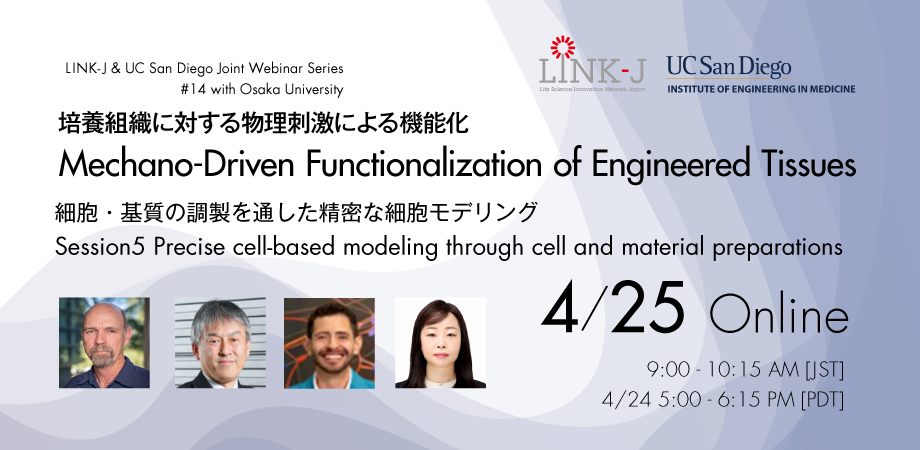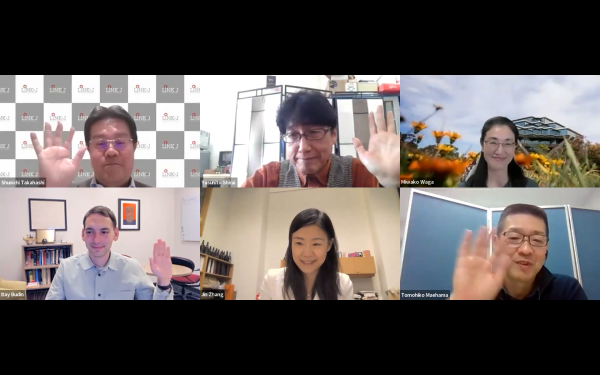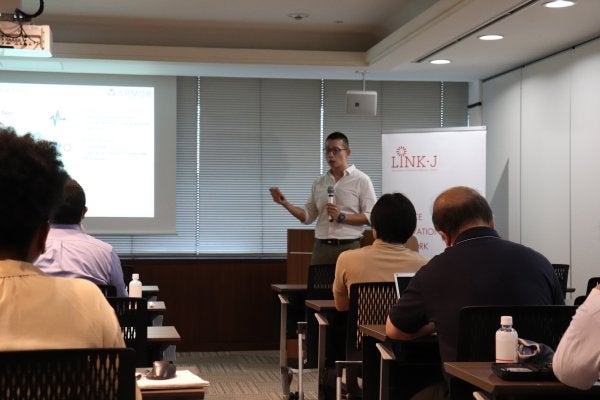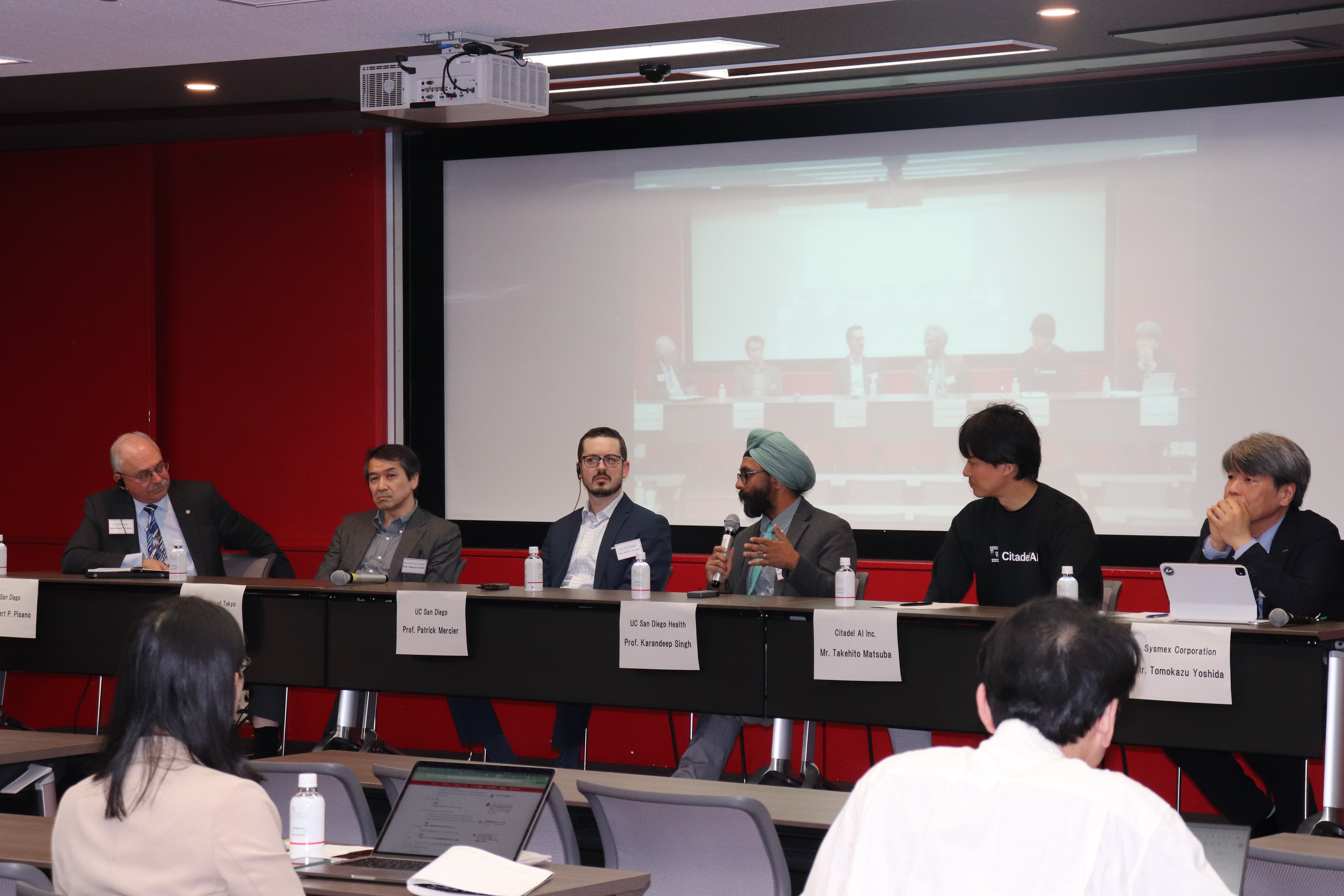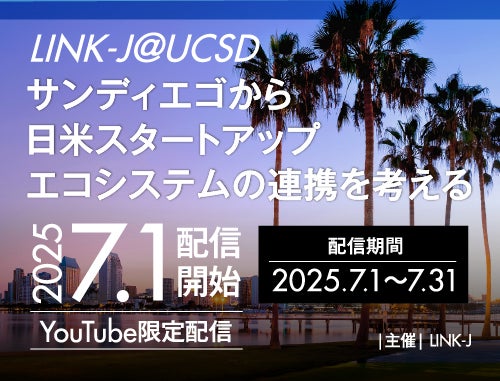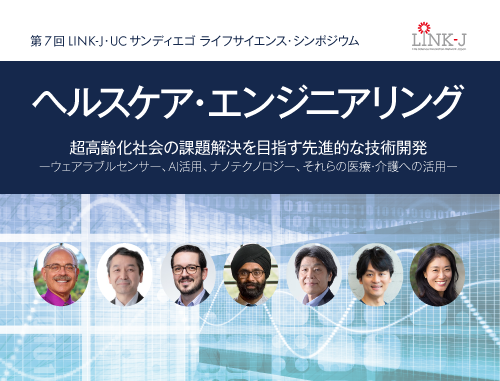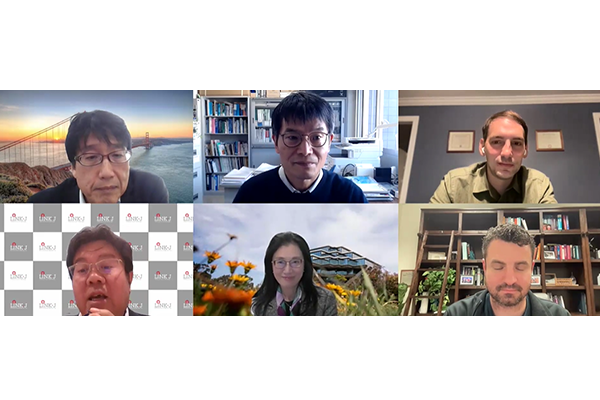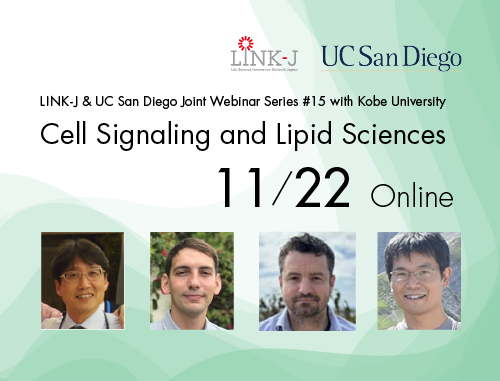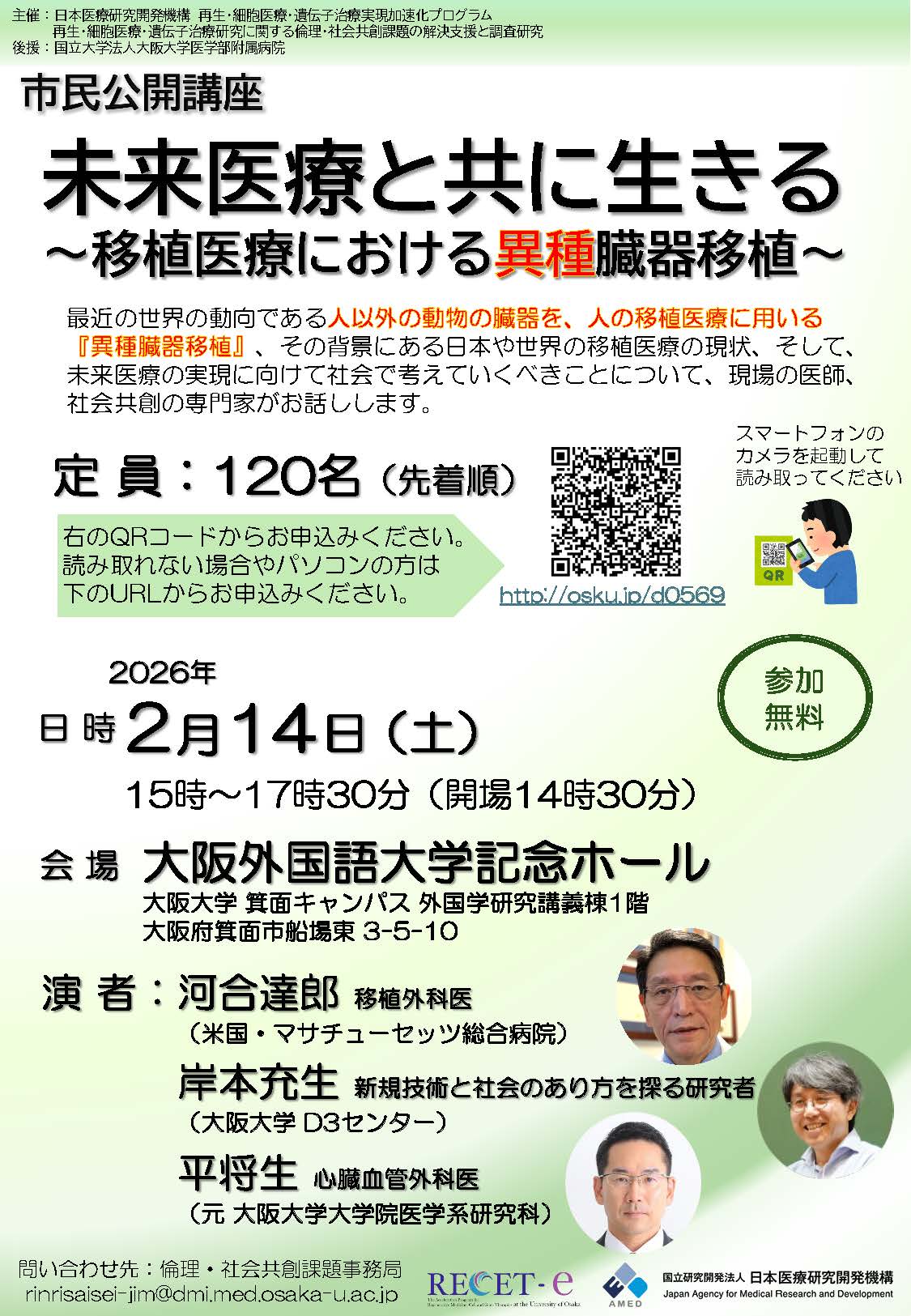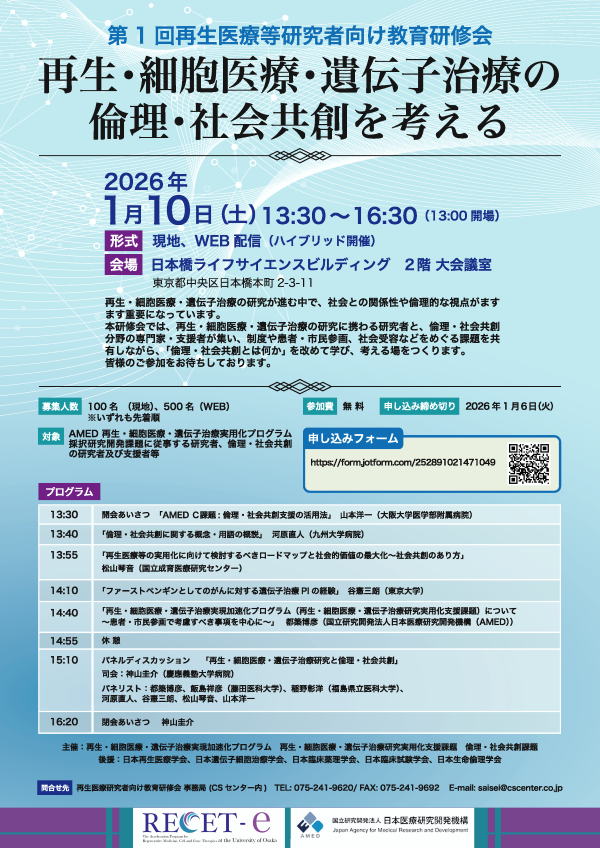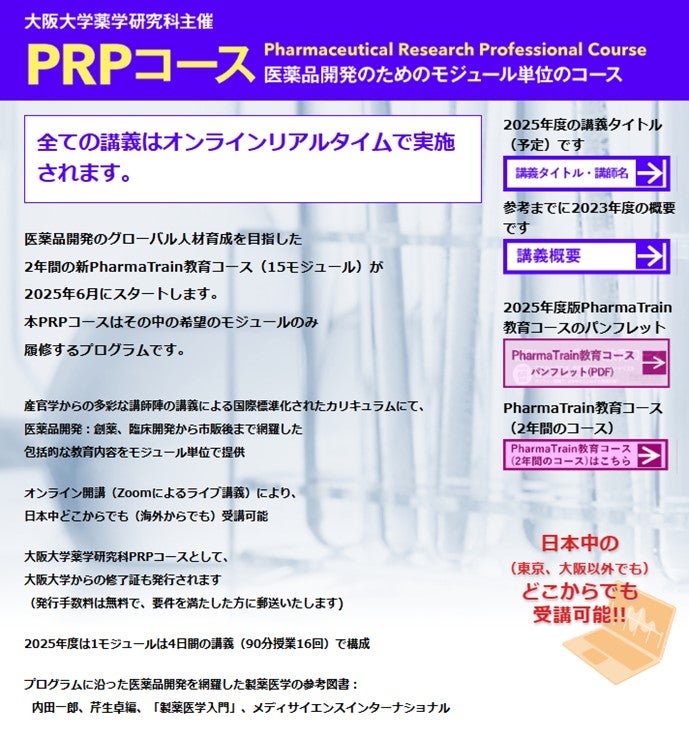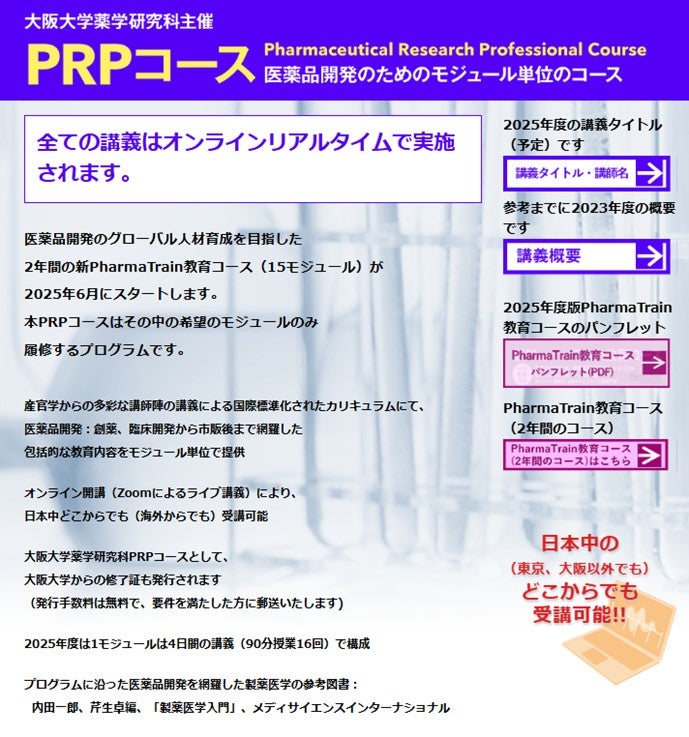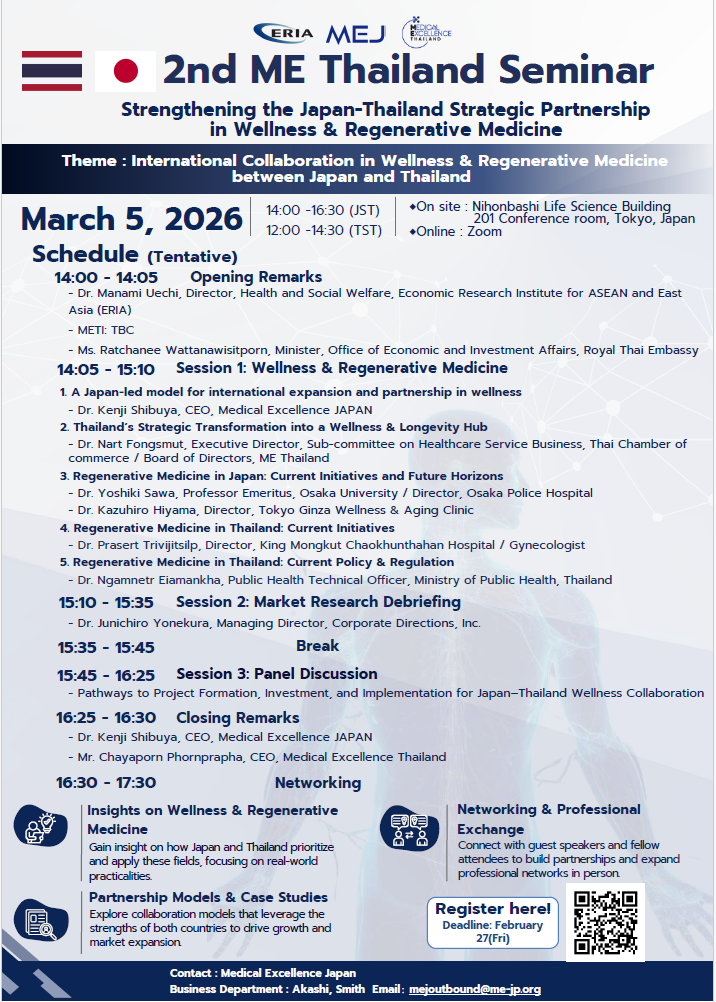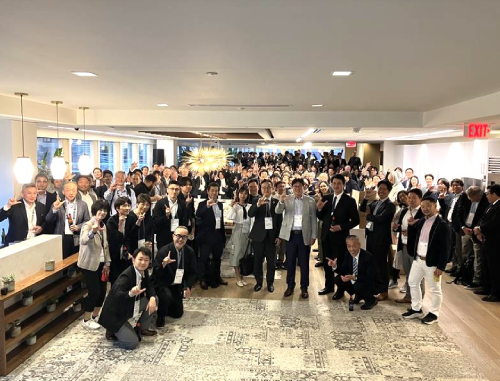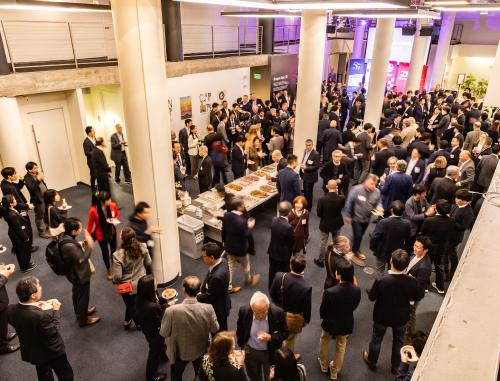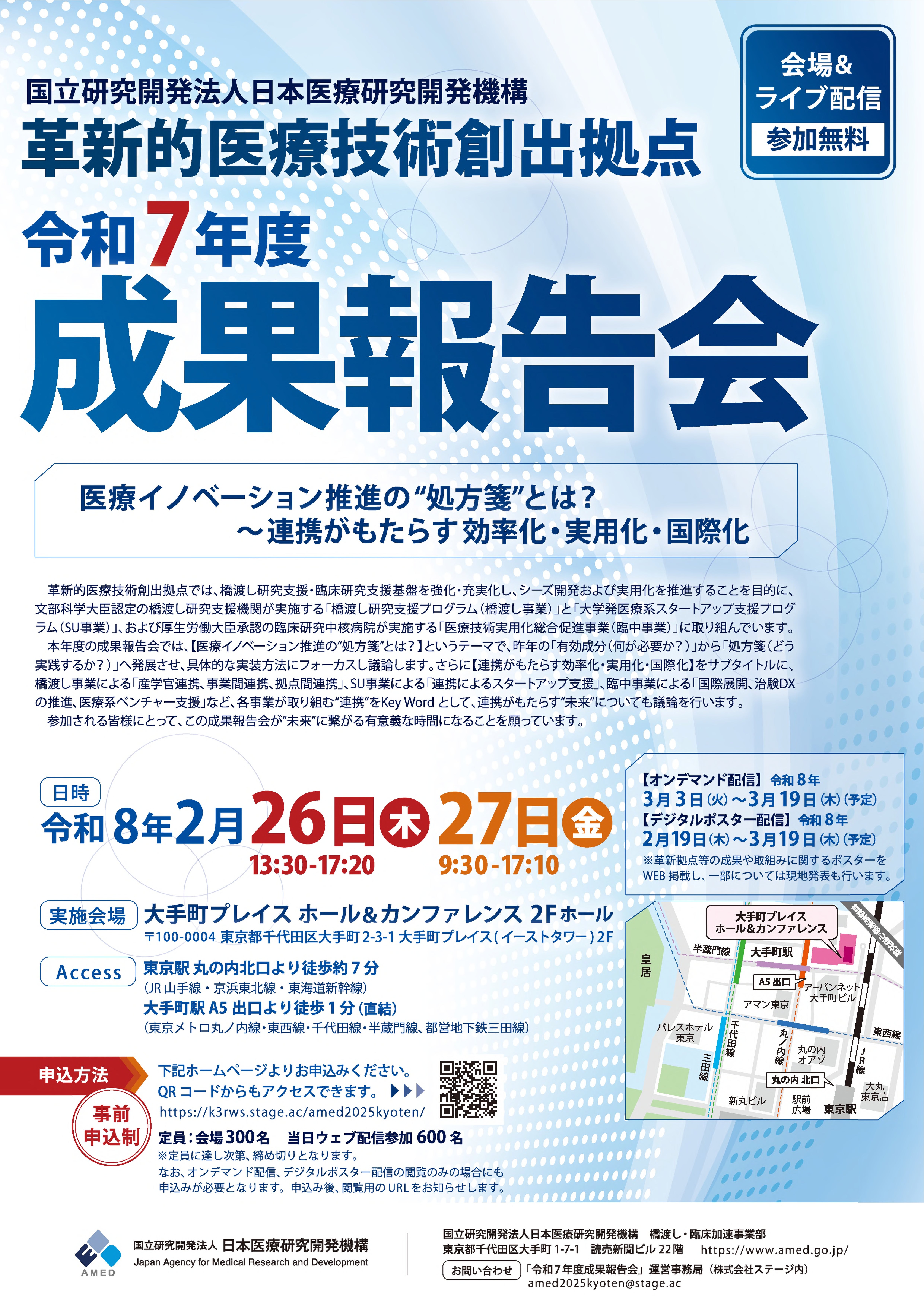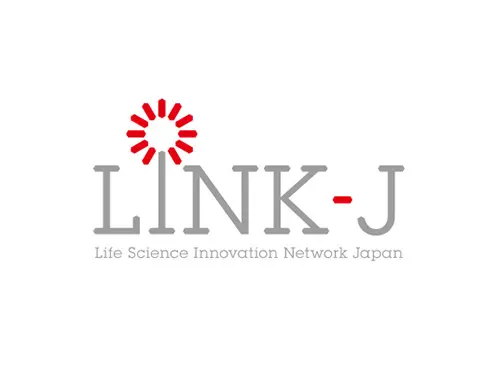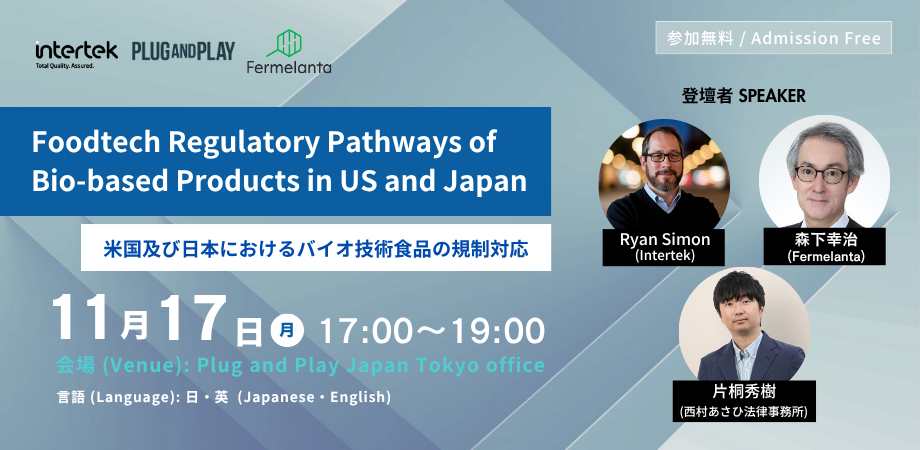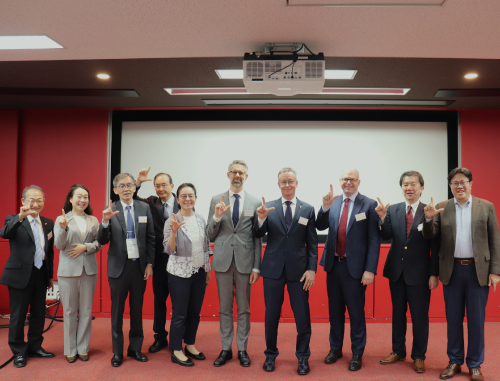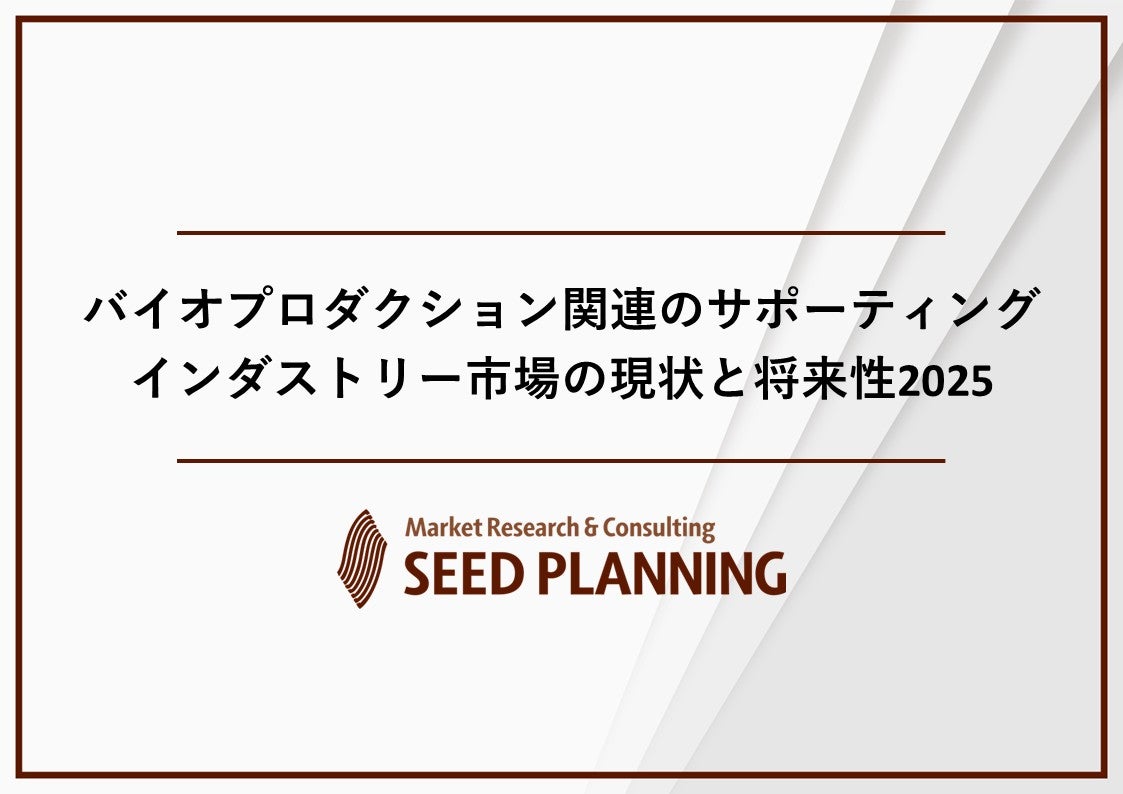LINK-J & UCサンディエゴ ジョイントウェビナーシリーズ 第14回 with 大阪大学
UCサンディエゴと大阪大学は、教育と研究の分野で長きにわたり協力関係を築いてきました。
近年では、バイオエンジニアリング、バイオインフォマティクス、組織工学、再生医療など、連携分野の拡大に努めてきました。
この度LINK-JとUCサンディエゴが共催し、大阪大学国際医工情報センター(MEIセンター)と協力し、両校の研究者が「細胞・基質の調製を通した精密な細胞モデリング」に関して最新の研究成果を発表するウェビナーを開催します。
※同時通訳あり
※英語字幕利用可能(オン/オフは自由に選択できます)
※字幕は市販されているアプリを使用しており、LINK-JおよびUC San Diegoは誤訳、訳文の欠落など、字幕に関する一切の責任は負えませんので、ご了解願います
字幕利用方法:クローズドキャプションの管理と表示
日時: 2024年4月25日(木)9:00-10:15 AM(JST)/ 4月24日(水)5:00-6:15 PM(PDT)
オンライン(Zoomウェビナー)
(外部サイトが開きます)
プログラム
| Japan Time | Pacific Time | Agenda |
| 9:00-9:05 | 5:00-5:05 |
Emcee – Shunichi Takahashi, PhD, LINK-J |
| 9:05-9:30 | 5:05-5:30 | Presentation -“Determining sex differences in cardiovascular disease using biomaterials” Dr. Brian Aguado, PhD, Assistant Professor of Bioengineering, UC San Diego Jacobs School of Engineering |
| 9:30-9:35 | 5:30-5:35 | Q&A moderator : Dr. McCulloch |
| 9:35 | 5:35 | Speaker Introduction Dr. Kino-oka |
| 9:35-10:00 | 5:35-6:00 | Presentation -“Development of Culture Strategy for the Synchronous Differentiation of Human Induced Pluripotent Stem Cells” Dr. Mee-Hae Kim, PhD, Associate Professor, Osaka University Graduate School of Engineering |
| 10:00-10:14 | 6:00-6:14 | Q&A and Discussion moderator : Drs. Kino-oka and McCulloch |
| 10:14-10:15 | 6:14-6:15 | Closing Remarks |
Abstract
Dr. Brian's talk
"Determining sex differences in cardiovascular disease using biomaterials"
Cardiovascular disease is the leading cause of death in both men and women, yet our mechanistic knowledge of the sex-specific molecular and cellular mechanisms that guide cardiovascular disease progression, particularly in women, remain poorly characterized. Studies evaluating disease mechanisms rarely state the sex of cells used for in vitro studies or are performed primarily in male animal models, causing our gap in knowledge. My laboratory uses precision biomaterials as in vitro and in vivo tools to dissect mechanisms that contribute to sexual dimorphisms in cardiovascular diseases, specifically aortic valve stenosis.
In my talk, I will discuss how we have used hydrogel biomaterials as engineered valve matrix mimics to explore sex dimorphisms in valvular interstitial cell phenotypes in vitro and describe sex-specific molecular mechanisms that may drive dimorphisms in aortic valve stenosis. Our work seeks to leverage biomaterial technologies to understand sex dimorphisms in health and disease, with the long-term goal of achieving sex and gender equity in cardiovascular disease treatments and outcomes.
Dr. Mee-Hae's talk
"Development of Culture Strategy for the Synchronous Differentiation of Human Induced Pluripotent Stem Cells"
To industrialize induced pluripotent stem cell (iPSC)-derived therapies, it is necessary to demonstrate the safety and efficacy of these therapies and develop robust and controllable bioprocesses to produce iPSC-derived functional cells. However, developing culture strategies for bioprocesses remains challenging because there is no efficient way to synchronize their differentiation stages.
This webinar will provide a novel culture strategy to improve the differentiation stability of iPSCs and their efficiency in giving rise to functional cells. First, we will briefly introduce the impact of mechanical forces within the cellular environment and identify key cell state determinants in iPSC expansion and differentiation. Specifically, we will focus on the manner in which cell behavior triggers mechano-chemical transduction signaling pathways in relation to the initial cell fate decision. We will then introduce the effect of the botulinum hemagglutinin (HA) on cell synchronization to achieve homogeneous population of differentiated cells. Temporal disruption of cell‐cell interactions by HA suppresses spatial heterogeneity of cells within the culture and synchronize mechanical memory via YAP localization. The homogeneous population of cells with the synchronized mechanical memory have higher capability to differentiate into functional cells than unsynchronized iPSCs. Finally, we will discuss the design principles of synchronous differentiation strategy for iPSCs based on the concept of Waddington’s epigenetic landscape and it potential application to an existing culture technologies.
Biography
 |
Dr. Andrew McCulloch, Distinguished Professor of Bioengineering and Medicine; Director, Institute of Engineering in Medicine, UC San Diego Dr. Andrew McCulloch is Distinguished Professor of Bioengineering and Medicine at the University of California San Diego and Director of the Institute for Engineering in Medicine. He earned his bachelor (1981) and Ph.D. (1986) degrees in Engineering Science at the University of Auckland and joined the UC San Diego faculty in 1987. He directs the UCSD Interfaces Graduate Training Program and the Interdisciplinary Ph.D. Specialization in Multi-Scale Biology. Dr. McCulloch served as Vice Chair of the Bioengineering Department from 2002 to 2005 and Chair from 2005 to 2008. He is also a member of Qualcomm Institute, the Center for Research on Biological Systems, and a Senior Fellow of the San Diego Supercomputer Center. |
 |
Dr. Masahiro Kino-oka, Professor, Department of Biotechnology, Graduate School of Engineering, Osaka University [Professional Experience] 1991.06 - 2000.01: Osaka Univeristy, Research Associate 2000.02.01 - 2003.03.31: Department of Materials Engineering Science, Graduate School of Engineering Science, Associate Professor 2003.04.01 - 2007.03.31: Department of Materials Engineering Science, Graduate School of Engineering Science, Associate Professor 2007.04.01 - 2009.03.31: Department of Materials Engineering Science, Graduate School of Engineering Science, Associate Professor 2009.04.01 - 2020.03.31: Division of Science and Biotechnology, Graduate School of Engineering, Professor 2020.04.01 - present: Department of Biotechnology, Graduate School of Engineering, Professor [Education] [Research topics] |
 |
Dr. Brian Aguado, Assistant Professor of Bioengineering, Dr. Brian Aguado (Twitter: @BrianAguado) is currently an Assistant Professor of Bioengineering at UC San Diego, where his laboratory research is focused on studying sex differences in cardiovascular disease using biomaterial technologies. |
 |
Dr. Mee-Hae Kim, Associate Professor at the Department of Biotechnology, Osaka University Graduate School of Engineering Mee-Hae Kim is an Associate Professor at the Department of Biotechnology, Osaka University, Japan. In 2007 she obtained her doctoral degree from Osaka University, and from 2007 to 2010 she held a postdoctoral researcher position at the Department of Biochemical Engineering, Osaka University. In 2010 she was appointed an assistant professor at Department of Biotechnology, Osaka University, and promoted to Associate Professor in 2016. Her research is focused on the development of novel cell culturing strategies for enhancing stem cell-based research and therapy. |
参加費
無料(要事前登録)
